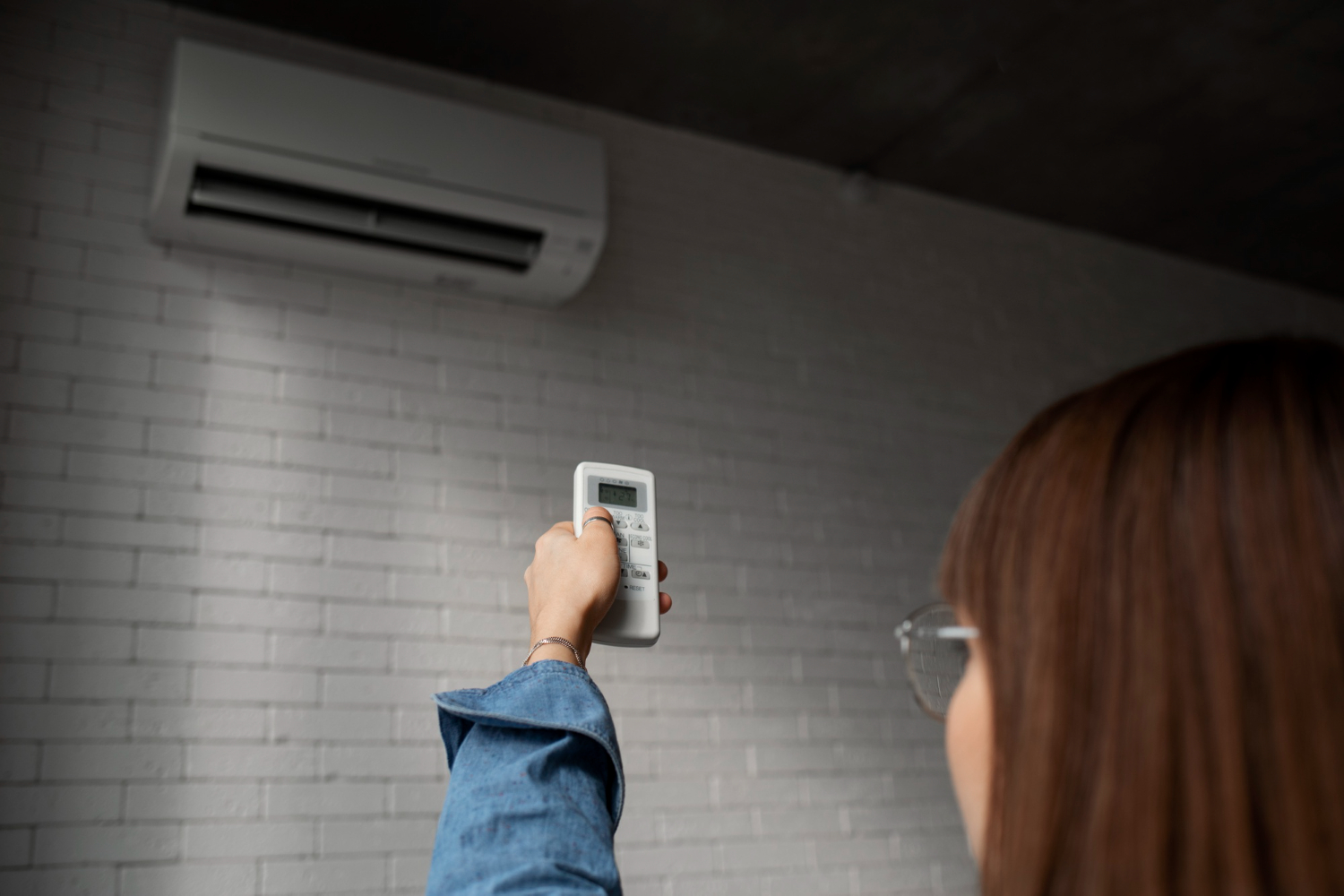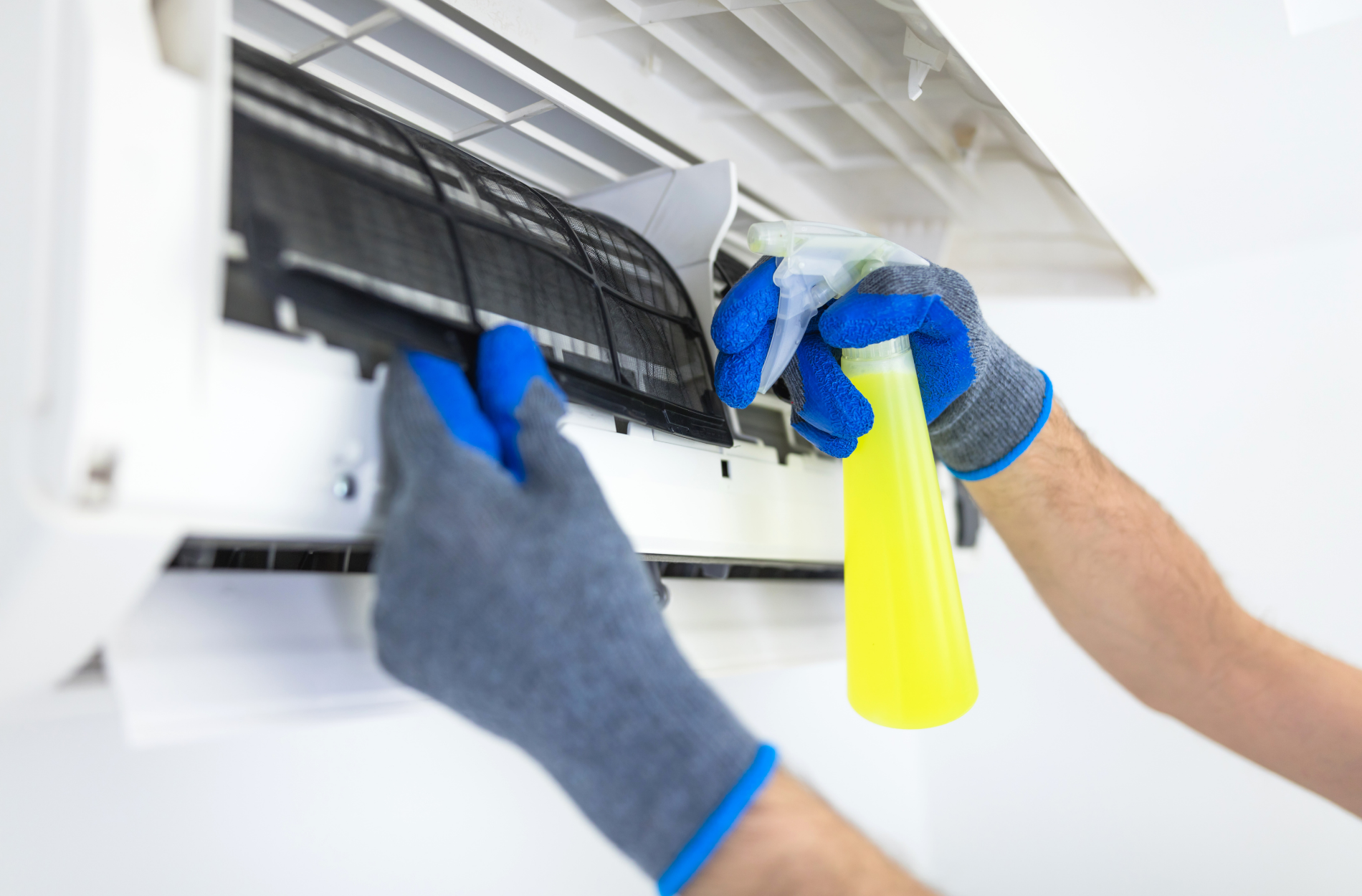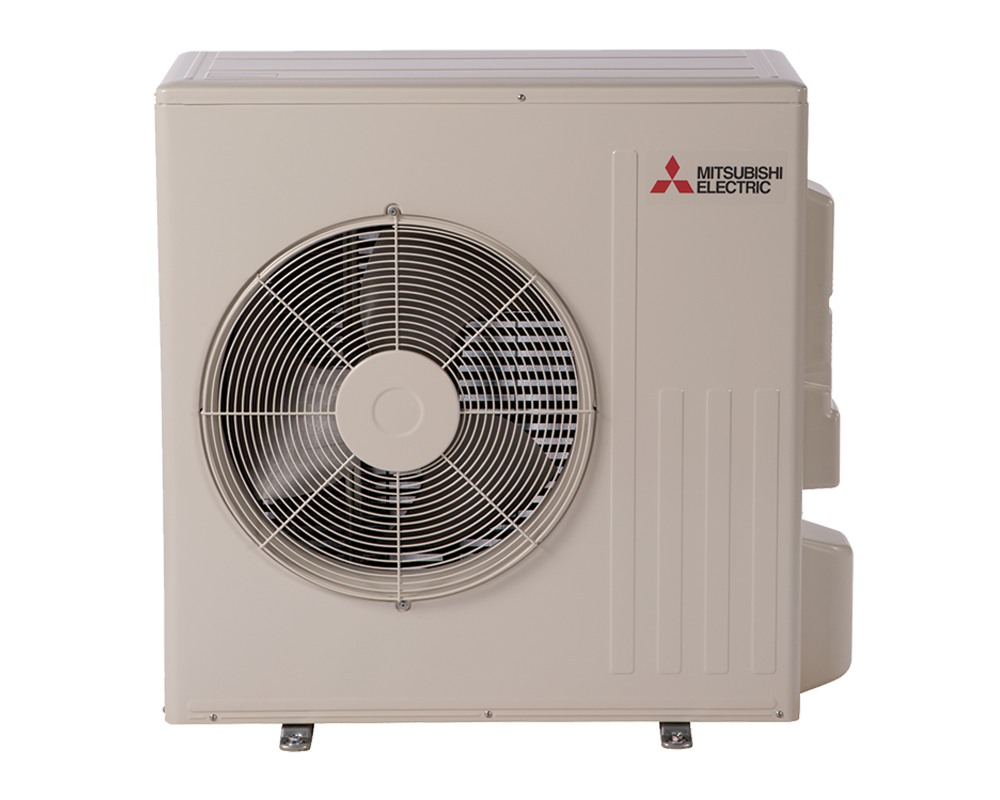Your home’s electrical system is the lifeblood of modern living, powering everything from lights and appliances to gadgets and entertainment systems. However, many homeowners underestimate the importance of keeping their electrical panels up to date. Outdated home electrical panels pose a significant danger that can lead to safety hazards and even fires. In this article, we will explore the risks associated with old electrical panels and why it’s crucial to consider an upgrade.
The Importance of Electrical Panels
Electrical panels, also known as breaker boxes or fuse boxes, are the central hubs of your home’s electrical system. They distribute electricity to various circuits throughout your house, ensuring that your devices and appliances receive the appropriate amount of power. When there’s an electrical overload or fault, these panels are designed to protect your home by tripping circuit breakers or blowing fuses.
Outdated Electrical Panels
Many older homes still have outdated electrical panels that were installed several decades ago. Some common types of outdated panels include:
- Fuse Boxes: These were prevalent in homes built before the 1960s. Instead of circuit breakers, they use fuses that melt when overloaded. While fuses do provide protection, they can be inconvenient to replace and may lead to unsafe practices like using oversized fuses, increasing the risk of electrical fires.
- Federal Pacific Electric (FPE) Panels: FPE panels were installed in millions of homes between the 1950s and 1980s. They are notorious for their failure to trip when overloaded, which can result in overheating and fires.
- Zinsco Panels: Zinsco panels were popular during the 1970s but have since been discontinued due to safety concerns. They have a tendency to overheat and become unreliable over time.
The Dangers of Outdated Panels
- Electrical Fires: Perhaps the most significant danger posed by outdated panels is the increased risk of electrical fires. Fuses that don’t blow or circuit breakers that fail to trip can allow excessive current to flow through your electrical system, leading to overheating and fires.
- Electrocution and Electrical Shocks: Older electrical panels may have loose or deteriorated connections, increasing the risk of electrical shock when accessing the panel. Faulty wiring can also cause electrocution hazards throughout your home.
- Inadequate Electrical Capacity: Older panels often lack the capacity to handle the electrical demands of modern households. As we accumulate more electronic devices and appliances, these outdated panels can become overwhelmed, leading to frequent tripping and inconvenience.
- Reduced Home Value: Outdated electrical panels can also lower the resale value of your home. Potential buyers are often wary of homes with antiquated electrical systems, viewing them as potential money pits for future repairs or upgrades.
The Solution: Upgrading Your Electrical Panel
If your home still has an outdated electrical panel, it’s essential to consider upgrading to a modern, safer panel. Here are some benefits of upgrading:
- Improved Safety: Modern electrical panels are equipped with advanced safety features, such as arc fault circuit interrupters (AFCIs) and ground fault circuit interrupters (GFCIs), which reduce the risk of electrical fires and shocks.
- Increased Electrical Capacity: Upgrading your panel can provide more circuits and capacity, accommodating the electrical demands of today’s homes.
- Energy Efficiency: Newer panels may allow for better energy management and the integration of smart technologies, helping you save on energy bills.
- Higher Home Value: A modern electrical system can increase the value of your home and make it more attractive to potential buyers.
Conclusion
Outdated home electrical panels are more than just an inconvenience; they represent a significant safety hazard. Electrical fires, electrocution risks, and inadequate capacity are just some of the dangers associated with old panels. To protect your family, property, and investments, consider consulting with a licensed electrician to assess your electrical panel’s condition and discuss the possibility of an upgrade. Investing in a safer and more reliable electrical system is an investment in your home’s future.










